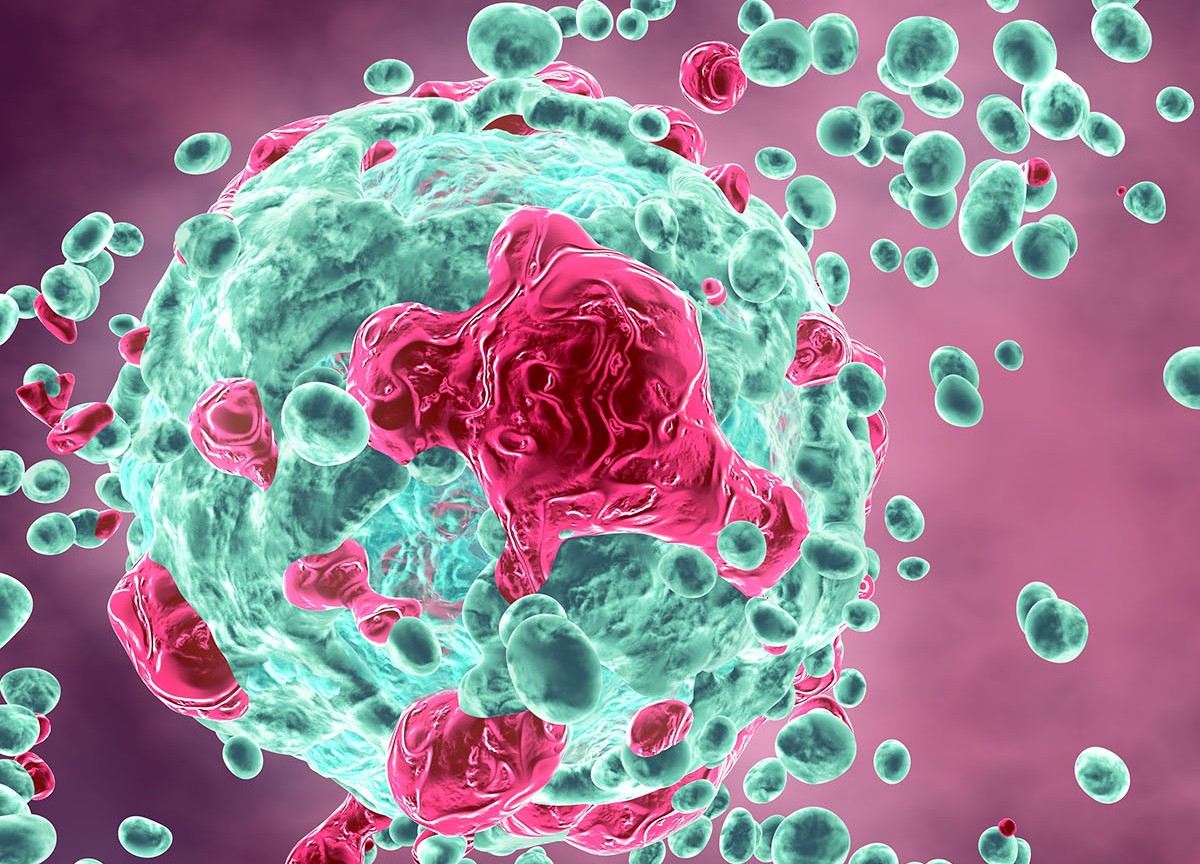Lung cancer: what is Lorlatinib, the drug that blocks the neoplasm and the progression of the disease
A new treatment possibility arrives for adult patients suffering from a particular type of lung cancer which preferentially – but not exclusively – affects non-smokers, i.e. advanced stage non-small cell lung cancer (NSCLC) Alk positive, not previously discussed.
In fact, with the publication of the decision in the Gazette, lThe Italian Medicines Agency has authorized first-line reimbursement for the third-generation drug lorlatinib (tyrosine kinase inhibitor). The drug led to a 73% reduction in the risk of disease progression. This is a further step forward in the treatment of this neoplasm, present in 5-7% of Nsclc cases and with a higher incidence in younger patients under 50, preferentially non-smokers, whose disease responds much less to standard chemotherapy.
In Italy, the Lung cancer is the second most frequent neoplasm in men (15%) and the third in women (6%), as well as causing a higher number of deaths than any other form of cancer. According to Aiom-Airtum data, around 44,000 new diagnoses were estimated in Italy last year. Most cases correspond to Nsclc histology. Within this group, research has identified numerous molecular alterations that can determine the onset and development of the neoplastic pathology. Among these, the alteration of the Alk gene which represents an important therapeutic target. Patients with Nsclc Alk+ have a high incidence of brain metastases (up to 40%).
“These patients are younger than average, mostly non-smokers and in good general condition, but with a high incidence of brain metastases. The central nervous system is a frequent site of disease progression for them; therefore, prevention of brain metastases during the first line of treatment has a fundamental role,” he explains Silvia Novello, Professor of Oncology at the Department of Oncology of the University of Turin and president of Walce Onlus. This drug is specifically designed to cross the blood-brain barrier and act at the brain level, as well as to be active in already treated patients who have developed resistance. Today it is also reimbursed as a first-line monotherapy.
Subscribe to the Affari WhatsApp channel!
